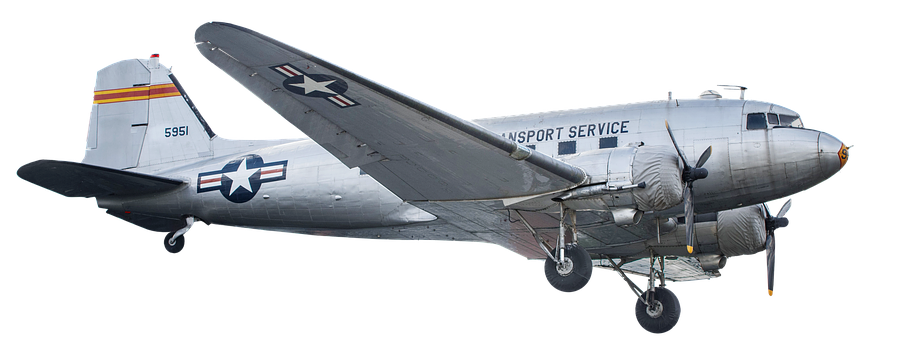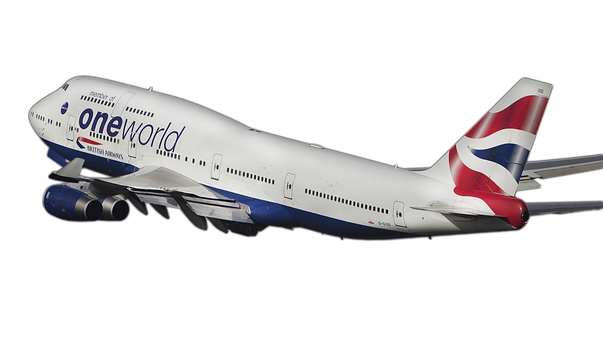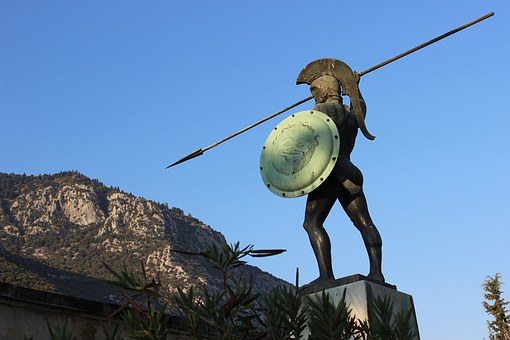 Reir, sonreir y a veces troncharse, es fundamental para nuestra existencia, para poder sobrevivir. Con ello la vida nos da fuerza para encararla con dignidad, cuando recordamos la historia de las hazañas o proezas, o gestas como queramos denominar .
Reir, sonreir y a veces troncharse, es fundamental para nuestra existencia, para poder sobrevivir. Con ello la vida nos da fuerza para encararla con dignidad, cuando recordamos la historia de las hazañas o proezas, o gestas como queramos denominar .
Se habla tanto de las compañías de bajo coste, como si fueran lo único admirable que se ha hecho en el transporte aéreo. Salvando la distancia del tiempo, o los años.
Cuando empecé mi carrera profesional al igual que otros muchos compañeros, la inicié trabajando en una compañía charter.
Los vuelos charter nacen después,, de la segunda guerra mundial, — para los jocosos,yo no había nacido todavía– dado que habían aviones como los DC3–DC6–DC7, y pilotos sin trabajo, porque ya no había a quien inmolar.
En fin con estos aviones empieza algo tan antiguo como la aviación propiamente dicha, los vuelos charter.
Competíamos los charter con las grandes compañías de bandera, las cuales eran propiedad de los diferentes estados, por lo que nuestra vida no fue facil. Sufrimos la santa inquisición, que en mi País fue tan patente .
Recuerdo que eramos tan pobres que el bajo coste, se queda pequeño. Cuando escribíamos una carta, con nuestra máquina de escribir, que nos había prestado Sabena, le pedíamos el papel de carbón a Iberia. Entonces no existían los ordenadores y las comunicaciones eran por teletipo.
No teníamos coches, no teníamos nada, era la carencia o ausencia más absoluta de medios. Pero no nos faltaba la pasión.
Eramos bajo gasto. sin más, de forma inevitable.
Recuerdo con notoria claridad,el día que me incorporé a mi primera compañía, yo era flight student, pero ante la imposibilidad de volar había que hacer cualquier cosa. El capitán de uno de los DC6, me pidió que regresara a la oficina a recoger la piedra de afilar o amolar las hélices. O si por el contario erás un cándido te pedían que fueras al avión de la compañía Iberia y le pidieras a su capitan la piedra de afilar o amolar, las hélices, para que nos la prestara.
Lógicamente el cándido salía disparado del avión de Iberia, con semblante turbado.
Si alguien ha hecho algo por acercar los destinos más insólitos fueron las compañías aéreas charter, que a precios asequibles de la época te llevaban tan lejos como a cualquier destino de las costas españolas, desde Europa o también a New York o desde mi País, a cualquier capital europea.
Deberían estos ejecutivos prepotentes de las líneas de bajo coste, que por lo menos tuvieran la grandeza de estudiar la historia de la aviación en su conjunto. Porque reitero que con cada una de las manifestaciónes en los medios de comunicación, no hago más que reir o sonreir , a causa de su superioridad, que no es a mi entender ni ética, u honesta.
Claro que las compañías de bajo coste merecen todo el respeto, por lo menos el mio lo tienen, y es cierto que con ellas podemos volar practicamente a cualquier parte del mundo, pero afotunadamente ellos no han sido los descubridores de la aviación, ni tan siquiera los precursores de la misma.
Mes: junio 2018
EL SOÑADOR
THE LIFE OF A PILOT
 Another day and you find yourself knotting your tie in front of the mirror having put your uniform on. You say goodbye to your loved ones and go to work hoping for a peaceful flight.
Another day and you find yourself knotting your tie in front of the mirror having put your uniform on. You say goodbye to your loved ones and go to work hoping for a peaceful flight.
You make your way to the airport. At this stage you have an idea of the weather forecast and the crew with whom you will be flying and the route. It does not matter whether you have flown to this destination on numerous occasions, you always feel slightly tense, to a lesser degree as your experience increases but it never disappears completely. Your subconscious mind reminds you that there are never two flights the same and sometimes the unexpected appears so quickly that you can find yourself in a critical situation with no warning.
Studies on the subject have shown that pilots are exposed to 21 different types of risks whilst carrying out their duties. On average they are faced with an average of three per flight. We therefore always expect two. For this reason we never stop hearing that inner voice that says “don’t take things for granted”. The loss of contact with other traffic, storms, the wind shear, a systems breakdown at the most critical moment or bad co-ordination with the copilot or controller are just a few examples.
Your mission is to take someone’s mother, father, brother, son, wife, cousin to their destination. Hundreds of people whose only wish is that you carry out your job properly.
It is true that technology and training makes the job more accessible to all but it also causes congestion of air space, commercial pressure to ensure the operation continues in any weather condition and time and the regulating of the industry are making it far from a simple task. The responsibility of the lives on board still remains the same.
Once on board time is of the essence. Embarking is carried out whilst preparations are being finalized in the cockpit, the flight systems checked and the briefing carried out for take-off. Punctuality is important to our clients but flight preparations for take-off are more so and one must know how to use the time efficiently to be able to ensure on board safety as well as the commercial interests of the company; always in this order.
Any lack of preparation or clarification at this time causes a burden later on so haste is a bad councillor in a business whereby on average every minute lost means 100 dollars wasted.
Take-off is usually the most critical manoevre and that which requires the most concentration. Before initiating, one always goes over the reasons for aborting, as having to detain an aircraft at such high speed means a great risk and is therefore only carried out in extreme cases. As the aircraft covers more than 70 metres per second, it is essential that one is aware of the action to be taken at all times; there is no space for improvisation.
…/…
– 2 –
Cruising on the whole requires a more pleasant supervision of the systems and the weather conditions and is the time that the pilot takes on a supervisory role. During this phase the destination conditions are analysed, the fuel remaining, plans are made in the event of being unable to reach the destination and possible alternative airports are analysed for use should a deviation be required in the event of an emergency. In aviation, as in nearly all things in life, the more prepared you are for an unforeseen event, the better the response. One should not skimp on resources when lives are at stake.
Flying is often a peculiar job. You take off from one airport with sun and flies, cover thousands of miles in a few hours and arrive in another city where is is pouring with rain or snowing. The environment changes as rapidly as you travel.
Coming in to land is usually accompanied by a lot of work. Many factors can complicate the manoevre; bad weather, a busy airport where the controllers are giving out numerous instructions, the terrain and on occasions the normal tiredness that comes with many hours’ work. There are never two approximations alike. Concentration is required the whole time to ensure the aircraft is kept stable. Any major diversion means an aborted landing, having to start afresh, reducing your fuel reserves and therefore other options. The tension increases.
Landing requires a certain dexterity especially with a strong perpendicular wind from the runway. It means having to position the aircraft safely on the ground in a very precise stretch of runway; not before or after nor to the right or left. Experience always helps but the error margin continues to be small and the consequences severe.
A few minutes of taxiing and parking and your mission is accomplished or perhaps the next begins, as in many cases there are multiple sectors to be completed.
The biggest threat to a pilot is always complacency. Although a flight is routine, it does not mean it is without risks and it is the discipline and respect for the profession which keeps us safe.
The objective is always to get your passengers safely to their destination whatever the weather, time, your working conditions or commercial pressures. Our passengers rely on your dedication and professionalism above everything else. You feel responsible for them and wish to carry out your duties for another day whatever the circumstances.
And it is this effort being made on a daily basis by your male and female colleagues in this industry that gives the impression to others that it is a routine job when in truth it is far from this …..
LA VIDA ES UNA MISIÓN SUICIDA
 La locura es vivir cuando no hay razón para vivir.
La locura es vivir cuando no hay razón para vivir.
Napoleón dijo en una ocasión que” los hombres están dispuestos a morir por alguien a cambio de unos trocitos de cinta sujetos a sus pecheras ”
La Novena de Beethoven,era la obra musical en su momento de los nazis, los comandantes de los campos de concentración, la música clásica era la refinada banda sonora de la exterminación cultivada de las masas idiotizadas.
Nuestras virtudes y nuestros fallos, son inseparables, como la fuerza y la materia. Cuando se separan, el hombre ya no existe.
Vernos a nosotros mismos como otros nos ven es un regalo muy conveniente para nosotros mismos. Menos importante es la capacidad de ver a los demás tal como se ven a si mismos.
He aprendido después de años que la soberbia que muchos de los que han trabajado contigo, que escondian y tu intuias, no es más que el resultado de que no estabas nada equivocado con el hecho irrefutable de su suficiencia, endiosamiento, vanidad, petulancia y arrogancia.
Cada generación se imagina a si misma como más inteligente que la anterior y más sabia que la que viene después de ella. A veces la humanidad, me recuerda a esos ojos de las estatuas griegas, vacios y sin embargo expresivos, se ve en esa expresión sobre todo en algunos casos su arrogancia.

